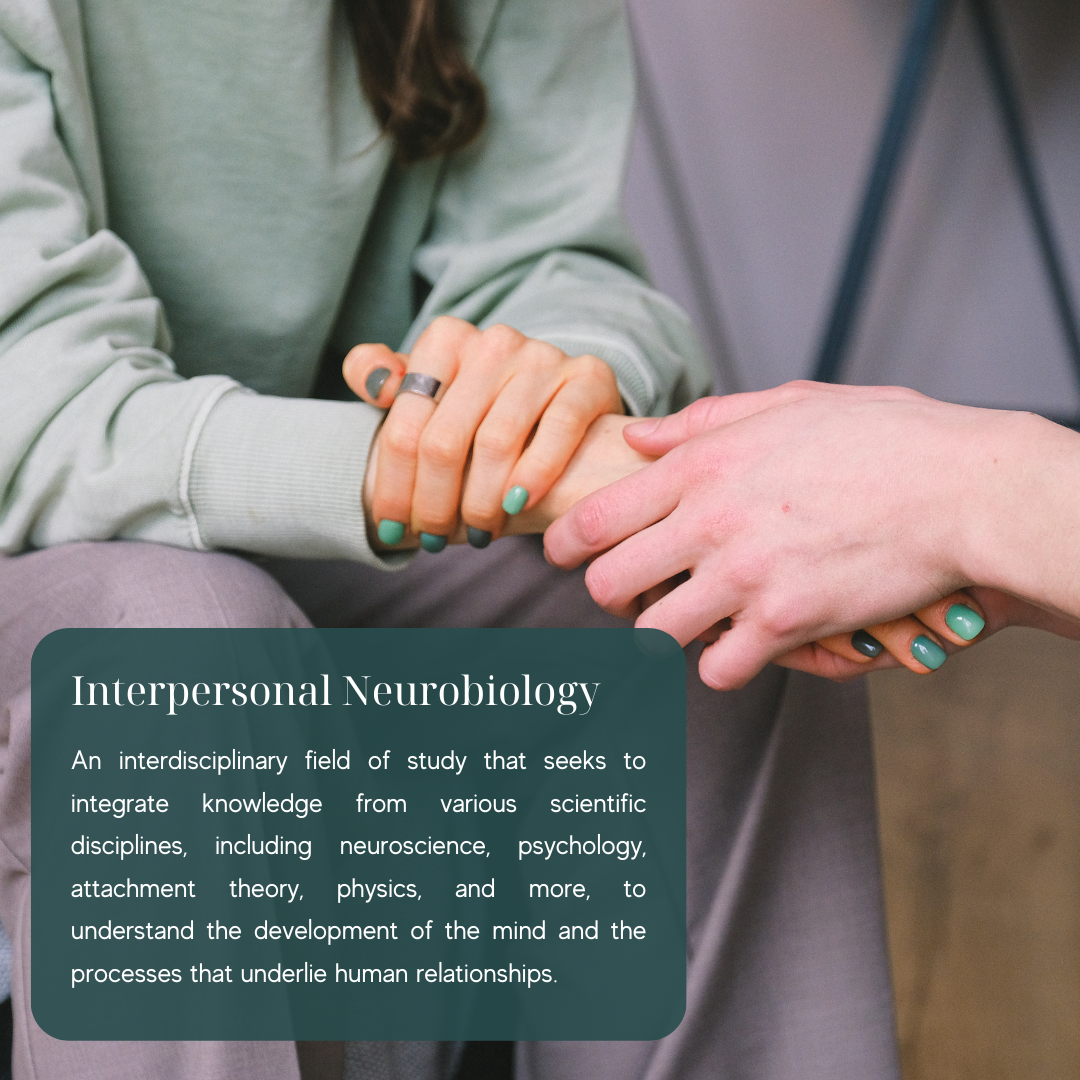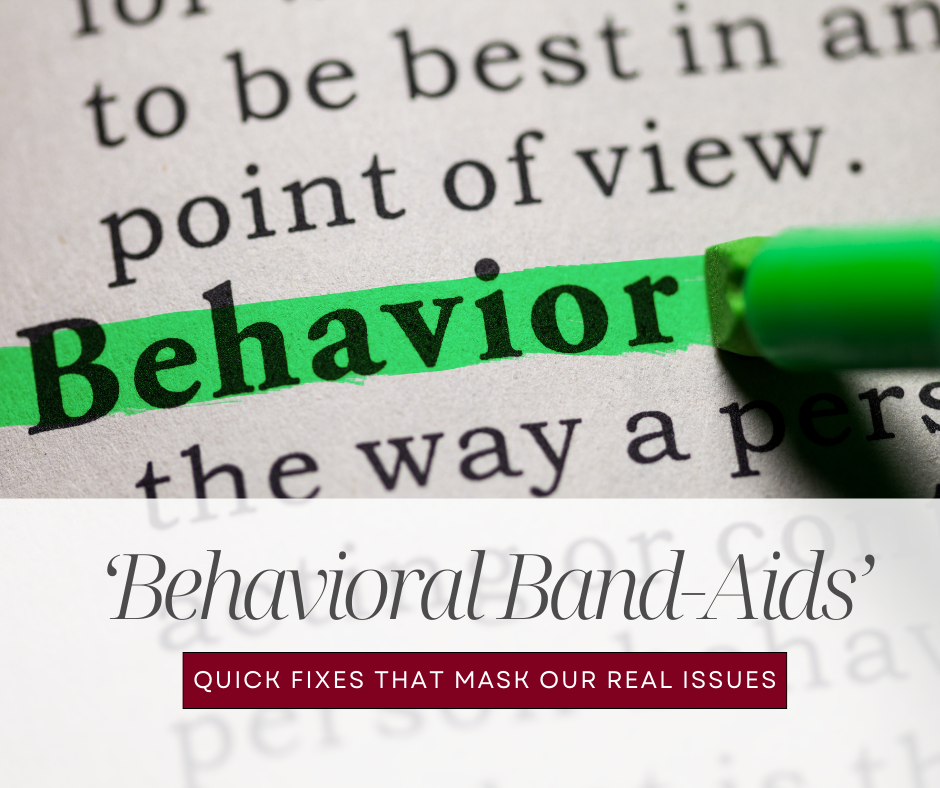
Interpersonal Neurobiology: The Science of Connection and Human Experience
Interpersonal Neurobiology (IPNB) is an interdisciplinary field of study that seeks to integrate knowledge from various scientific disciplines, including neuroscience, psychology, attachment theory, physics, and more, to understand the development of the mind and the processes that underlie human relationships. It focuses on how the brain, mind, and relationships interact and shape each other throughout a person's lifespan.

Psychiatric Medication and Sexual Health
Many types of medication can affect sexual health through various mechanisms, including altered neurotransmitter levels, hormonal changes, and overall physiological effects on the body. The impact on sexual function can manifest in different ways, such as changes in desire, arousal, orgasm, and overall sexual satisfaction.

Reduce Stress Using This 5 HeartMath Techniques
HeartMath, an organization dedicated to enhancing individuals' emotional well-being and resilience through biofeedback and HRV training, offers a range of techniques and exercises to help you manage stress and improve your emotional state.

The Quick Fix Approach: Behavioral Band-Aids
We often turn to "Behavioral Band-aids," to cope with immediate stressors. They might provide momentary relief, but sometimes just create new problems for us, leaving us trapped in a loop.

Hear Rate Variability: A Beginner’s Guide
Improving Heart Rate Variability (HRV) involves making positive lifestyle changes that support overall well-being and the health of your autonomic nervous system.

Resilience: The ability to bounce back from difficult times
Resilience is the ability to bounce back from difficult times. It is the ability to adapt and grow in the face of adversity. Resilient people are not immune to pain or suffering, but they have the capacity to overcome it.
